Medi-Cal Planning Attorney in California for Long-Term Care
Understanding Medi-Cal for Long-Term Care
Medi-Cal is California’s Medicaid program, and for many Woodland Hills families it’s the only realistic way to pay $8,000–$12,000 per month for nursing home care. It’s not just for the poor—middle-class couples in the West Valley, from Calabasas to Tarzana, rely on Medi-Cal once savings start draining fast. The Estate Planning & Elder Law Firm blends legal strategy with
elder law planning so you can access care without unnecessary financial loss.

Medi-Cal Eligibility Rules
To qualify, applicants must meet medical need and financial rules. California distinguishes between exempt assets (often a primary home with proper intention to return, one vehicle, personal items, certain prepaid burial plans) and countable assets (bank/investment accounts, extra property). Married couples have special protections so the healthy spouse at home is not impoverished. Income over small allowances typically goes to share-of-cost, but careful structuring can ease the burden. If you’re unsure where you stand, our elder law questions resource can clarify key terms.
Spend-Down and Asset Protection Strategies
You don’t have to “spend everything” to zero. With guidance, families often reposition assets:
- Improve or maintain exempt assets (home repairs, a safer vehicle).
- Use caregiver agreements to compensate family providing real services.
- Consider a Medi-Cal asset protection trust—a carefully drafted irrevocable trust that moves assets out of countable status over time while preserving use and control within legal limits.
- For married couples, apply spousal rules to keep resources with the well spouse at home.
Timing and the Look-Back Period
California imposes a 30-month look-back on certain transfers for long-term care eligibility. Gifts or trust funding inside that window can trigger a penalty period. Planning early—well before a crisis—offers more choices. Even in a crisis, we can often reduce penalties with lawful, documented strategies that the county will accept.
Keeping the Family Home
Your home may be exempt for eligibility if you intend to return or a spouse or disabled child lives there. After death, Medi-Cal can pursue estate recovery in probate. Proper planning can keep the home out of probate and reduce recovery risk. We align real-property choices with
asset protection planning so your house on Victory Boulevard or near Warner Center supports care and family goals.
Application and Advocacy
We prepare, file, and track your application; organize medical and financial documentation; and represent you in any fair hearings. Our Woodland Hills team coordinates with hospitals, skilled-nursing facilities, and the county so benefits begin as soon as legally possible.
Secure Care Without Impoverishment
The best time to plan is now—before a health event forces rushed decisions. The Estate Planning & Elder Law Firm is ready to help Los Angeles and Ventura County families qualify while preserving what matters most.


